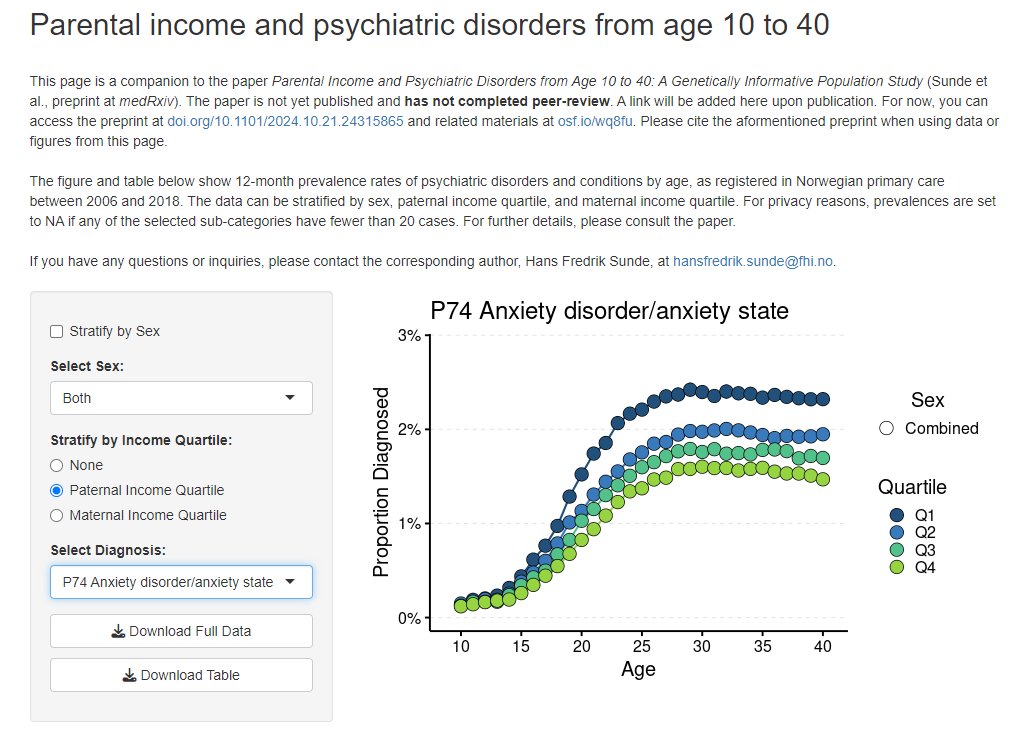
Fartein Ask Torvik
@farteinask
Social inequality and behavior genetics. Senior researcher/associate professor at Norwegian Institute of Public Health & University of Oslo.
ID: 156233460
16-06-2010 10:59:13
610 Tweet
717 Followers
583 Following

New paper alert!🚨In our new Nature Mental Health paper, we analyse over 350 million patient encounters across 14 years in Norwegian primary care, and find that 1 out of every 9 visits concerns mental health conditions!🧵Paper: nature.com/articles/s4422…














